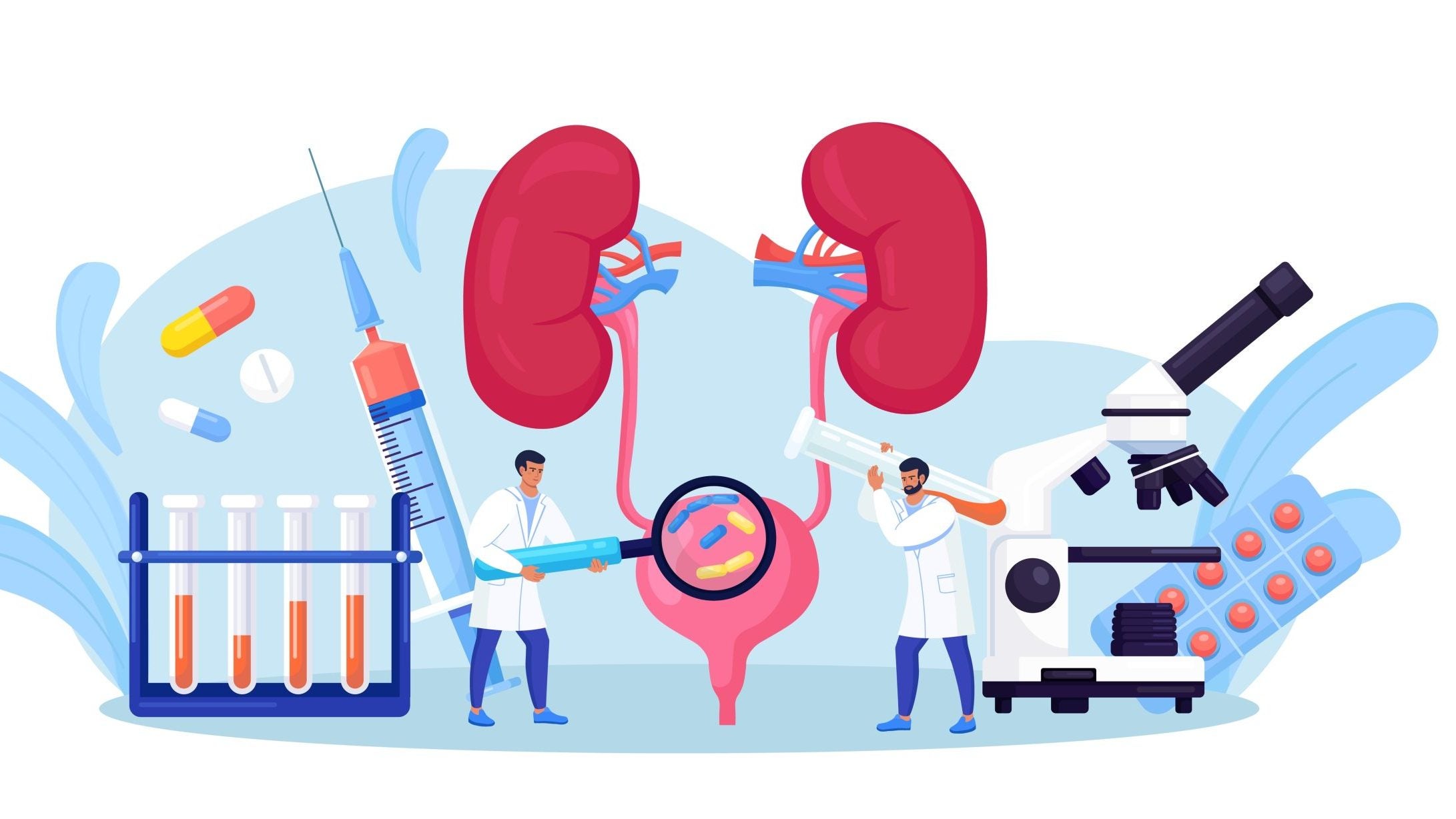

EG 427 is gearing up for its first clinical trial investigating the lead asset EG110A in patients with neurogenic bladder, CEO Dr Philippe Chambon told Clinical Trials Arena.
EG110A is a non-replicative herpes simplex virus type 1 (HSV-1) vector that targets the silencing of type-C neurons. The gene therapy is being developed as a potential treatment for several urology indications.

Discover B2B Marketing That Performs
Combine business intelligence and editorial excellence to reach engaged professionals across 36 leading media platforms.
The France-based biotech is planning to file an investigational drug (IND) application in early 2024. Chambon said that the company has had positive interactions with regulatory agencies such as US Food and Drug Administration (FDA) and the Medicines and Healthcare products Regulatory Agency (MRHA) in the UK. As such, the upcoming Phase Ib/IIa trial will likely be conducted in these countries.
The trial will be a dose escalation trial recruiting less than 20 patients who have neurogenic bladder due to spinal cord injury. The study will include various safety and efficacy endpoints to evaluate EG110A.
Chambon said that the company expects to have a data readout on safety and efficacy at some point in late 2025.
Last week, EG 427 raised an additional €5m ($5.6m) in the final closing of the Series A financing round. In total, the company raised €18m ($20m). Chambon added that the company is planning to open a Series B round to raise over €35m ($39m) by the end of 2023.

US Tariffs are shifting - will you react or anticipate?
Don’t let policy changes catch you off guard. Stay proactive with real-time data and expert analysis.
By GlobalDataUntapped non-replicating HSV-1 vector market
Chambon said that EG 427 is currently the only European company developing non-replicative HSV-1 vectors as a potential gene therapy tool with application across various chronic diseases with neurological origin.
EG 427 will also be the second company to enter the clinical trial world with a non-replicating herpes vector product. Earlier this year, Krystal Biotech received FDA’s approval for its gene therapy Vyjuvek to treat dystrophic epidermolysis bullosa (DEB). The US-based gene therapy developer filed for an IND in 2018.
Neurogenic bladder treatments
While there are reasonable standard-of-care options for patients with neurogenic bladder, Chambon said that there is room for improvement as current treatments have several side effects.
He explained that the first line of treatment is oral drugs such as anticholinergics that decrease the activity of the bladder. However, these drugs result in dry mouth and potential cognitive side effects.
The second line of treatment is botulinum toxin type of drugs, which have shown good efficacy but are only active for up to nine months. Chambon added that botulinum toxins can have significant side effects such as urinary retention in patients with some degree of bladder control.
He also noted that an overreactive bladder is different in every patient, and often people do not understand how severe it can be.
Chambon said: “When you have an overactive bladder that puts you in a situation where you cannot leave your home and have several episodes of incontinence a day, that completely destroys your life. It’s for these patients that we want to bring those types of therapeutic solutions to the market.”
Cell & Gene therapy coverage on Clinical Trials Arena is supported by Cytiva.
Editorial content is independently produced and follows the highest standards of journalistic integrity. Topic sponsors are not involved in the creation of editorial content.





